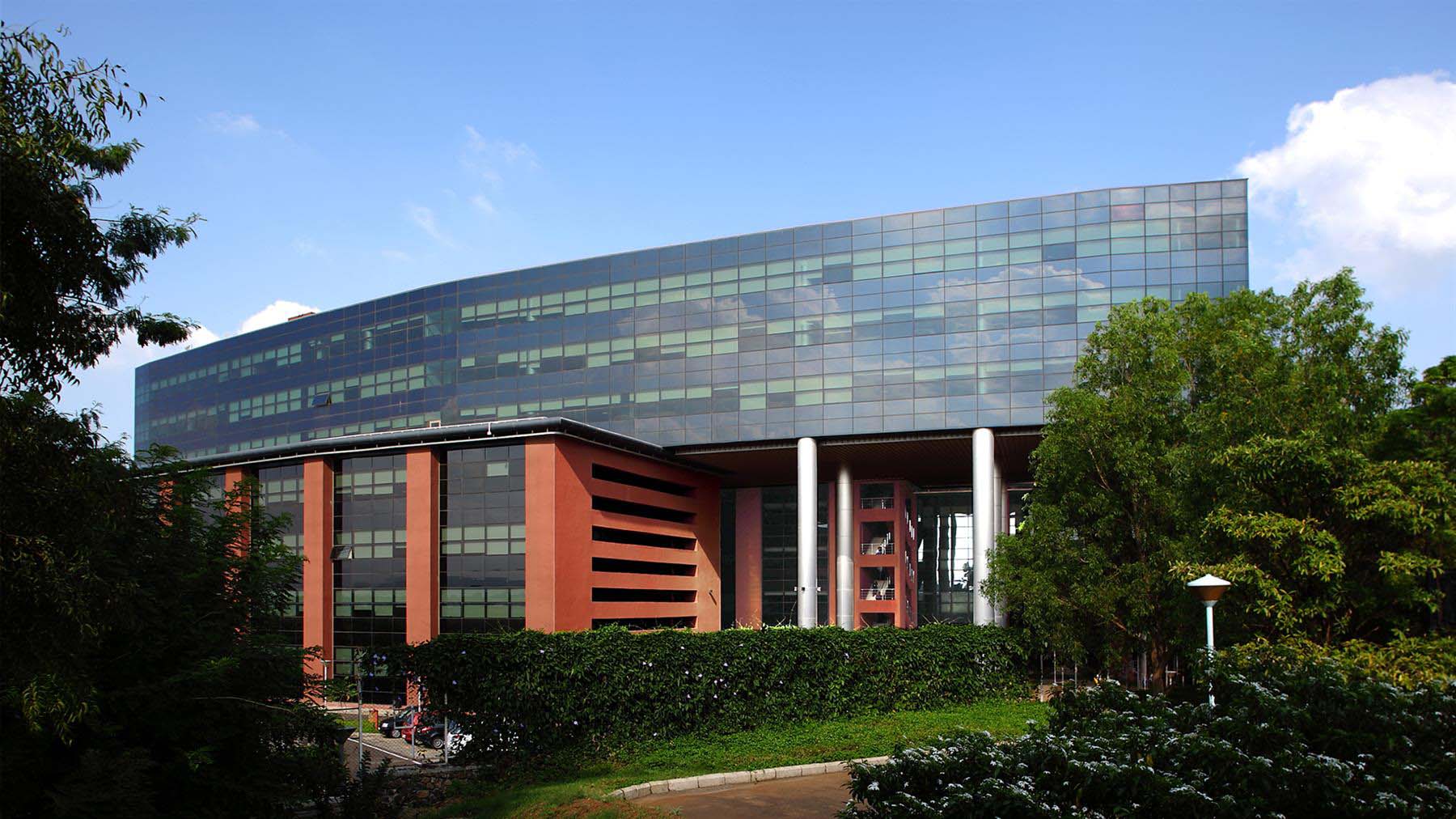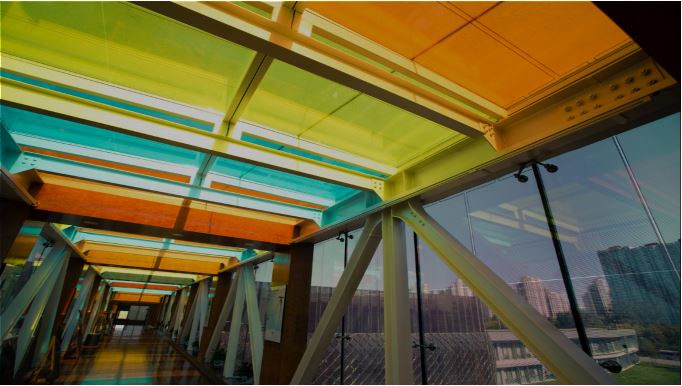Glass is a versatile and flexible material that has been used in construction and architecture for centuries. It has a wide range of benefits that make it a popular choice for architects and builders.
- Natural light: One of the biggest advantages of using glass in construction and architecture is the ability to bring natural light into a building. Glass allows for the free flow of light, which can help to reduce the need for artificial lighting and lower energy costs. This also makes the space feel more open and spacious, and can improve the overall mood and well-being of the occupants.
- Energy efficiency: Glass can help to improve the energy efficiency of a building by keeping out drafts and maintaining a consistent temperature. Low-E glass, which is coated with a special film that reflects heat back into the room, can help to keep the interior of a building warm in the winter and cool in the summer. This can help to reduce the energy needed to heat and cool the building, and can also help to lower energy costs.
- Durability: Glass is a durable and long-lasting material that can withstand the elements and the passage of time. It is resistant to weathering, rot, and decay, and can help to improve the longevity of a building.
- Design flexibility: Glass can be used in a wide range of architectural styles and designs, and can be customized to meet the specific needs of a project. It can be tinted, textured, or printed, and can be used to create unique patterns and designs. This makes it a popular choice for architects and designers who are looking for a material that can be customized to suit their vision.
- Aesthetics: Glass is a beautiful and elegant material that can add a sense of transparency and lightness to a building. It can help to create a sense of openness and connection to the outside, which can be especially important in urban areas where space is limited.
- Sustainability: Glass is a sustainable and eco-friendly material that can be recycled and repurposed. Additionally, the energy efficiency of glass help to decrease the environmental impact of a building over time.
In conclusion, glass has a wide range of benefits that make it an attractive option for architects and builders. It can help to bring natural light into a building, improve energy efficiency, and add a sense of beauty and elegance to a space. With its versatility, durability, and eco-friendly properties, glass is an excellent choice for construction and architecture projects of all types.
How does it help in the sustainability of buildings?
There are several ways in which glass can help to improve the sustainability of a building:
- Energy efficiency: As mentioned earlier, glass can help to improve the energy efficiency of a building by keeping out drafts and maintaining a consistent temperature. Low-E glass, which is coated with a special film that reflects heat back into the room, can help to reduce the amount of energy needed to heat and cool the building. This can help to lower energy costs and decrease the environmental impact of a building over time.
- Natural light: Glass allows for the free flow of natural light into a building, which can help to reduce the need for artificial lighting and lower energy costs. This can also help to improve the overall mood and well-being of the occupants and reduce the environmental impact of a building.
- Green roofs and walls: Glass can be used in green roofs and walls to bring in natural light while providing insulation and reducing the heat island effect of a building. The integration of plants into building design also improves air quality by absorbing carbon dioxide and other pollutants, increases biodiversity and decreases water runoff.
- Recyclability: Glass is a recyclable material, it is easy to separate from other building materials and its melting point is low. Because of this, it can be melted down and reused in new glass products, which helps to reduce waste and conserve resources.
- Durability: Glass is a durable and long-lasting material that can withstand the elements and the passage of time, reducing the need to replace it frequently and thus reducing the environmental impact caused by its new production of it.
- LEED certification: Glass can contribute towards earning points towards achieving LEED certification, a well-known rating system for green building design. For example, the use of low-E glass and daylighting can help to earn points in the Energy & Atmosphere category.
In summary, glass is a sustainable and eco-friendly material that can make a building more energy-efficient, bring in natural light, and be recycled, contributing to the overall sustainability of a building.
Toughened glass, also known as tempered glass, is used in a variety of applications due to its strength and safety properties. Some common examples include:
- Automotive applications: Toughened glass is used for the side and rear windows of cars, as well as the windshield.
- Architectural applications: Toughened glass is used in the construction of buildings for windows, curtain walls, and skylights. It is also commonly used as a safety barrier on balconies and staircases.
- Household applications: Toughened glass is often used in shower doors, oven doors, and other types of household appliances.
- Electronic devices: Toughened glass is used to protect the screens of electronic devices such as smartphones, tablets and laptops.
- Safety & Security applications: Toughened glass is widely used in safety and security applications such as door, windows, and partition walls.
Because of its strength and durability, tempered glass is a popular choice for applications where safety is a concern. When it breaks, it shatters into small, rounded pieces rather than sharp shards, reducing the risk of injury.
Due to its features, it is widely used in the construction and manufacturing industry over the globe.


You might also like
Feb 21, 2022 by TARIQ KACHWALA
Feb 21, 2022 by TARIQ KACHWALA
Feb 23, 2022 by TARIQ KACHWALA









